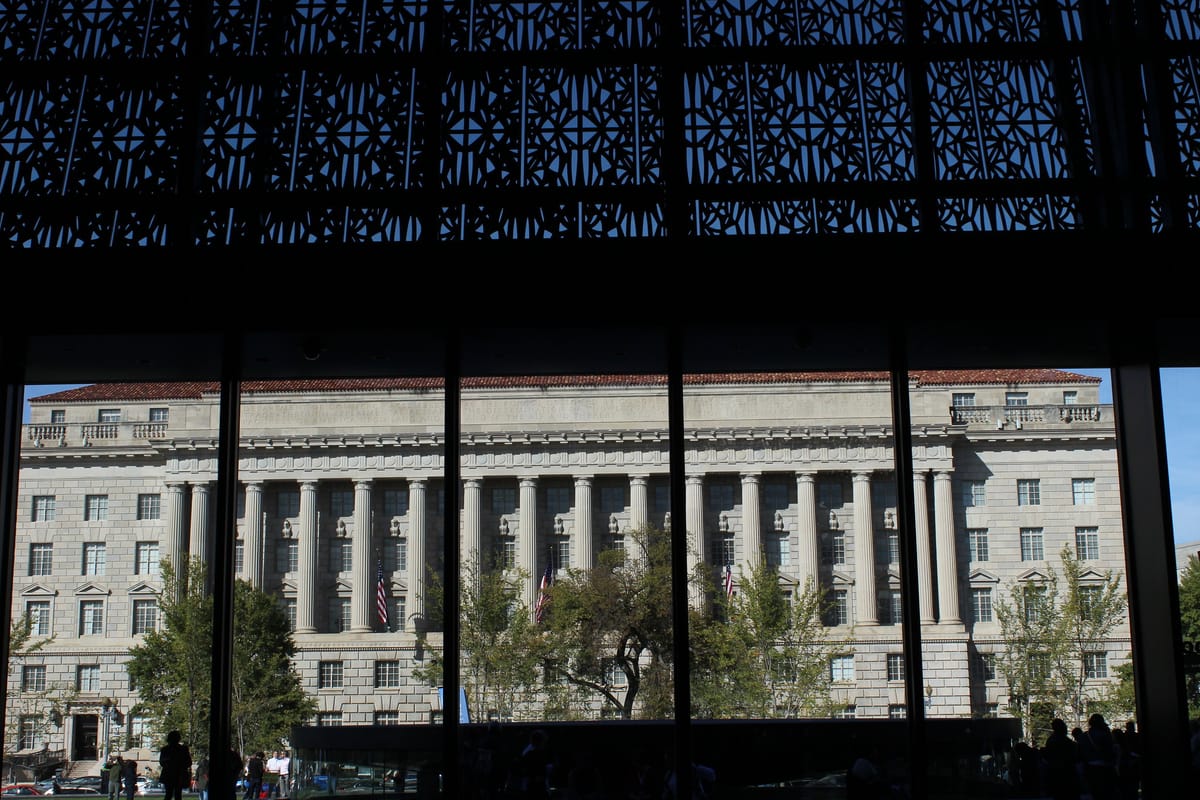Stakeholders Argue Over Whether Middle-Mile Should Receive Infrastructure Bill Funding
Debate at an NTIA event over whether or not funding should go to the middle-mile.
Theadora Soter

WASHINGTON, January 31, 2022 — Stakeholders looking for broadband funding for their communities at a National Telecommunications and Information Administration listening session on Wednesday were split on whether funding should go to middle-mile infrastructure.
The NTIA, which is administering the $42.5 billion from the Infrastructure Investment and Jobs Act under its Broadband, Equity, Access, and Deployment program, seeks comments from the public on a number of questions, including what criteria it should use to evaluate projects, how it should define “eligible subscriber” for the low-cost broadband service option, how it should ensure transparency and accountability, and to what extend funding should be used to build middle-mile infrastructure. Comments are due February 4, 2022.
It was on the latter question that sparked a division between those who think there should be substantial funding for the transport route – which carries traffic to the cable that plugs into homes and businesses – and those who argued it should not.
Though some of the meeting’s attendees felt that the middle-mile should receive no funding at all, others argued that middle-mile and last-mile infrastructure are linked. In other words, if there’s no middle-mile, there can be no last-mile to fund either. “The last-mile and the middle-mile have a symbiotic relationship,” said one commentator.
Other attendees said that they do not feel like they are able to pick a particular side of the argument because the middle-mile needs to be better defined.
At the Digital Infrastructure Investment conference in Houston in September, Sunne Wright McPeak, president and CEO of the California Emerging Technology Fund, said stakeholders interested in expanding broadband rollout should focus on the last mile, the stretch of cable that connects the middle-mile to homes and businesses.
“I would rather leverage the resources and infrastructure they’ve [internet service providers] already built – that we as taxpayers and ratepayers have already paid for – and tap into that in order to focus on last-mile,” she said at the conference.








Member discussion